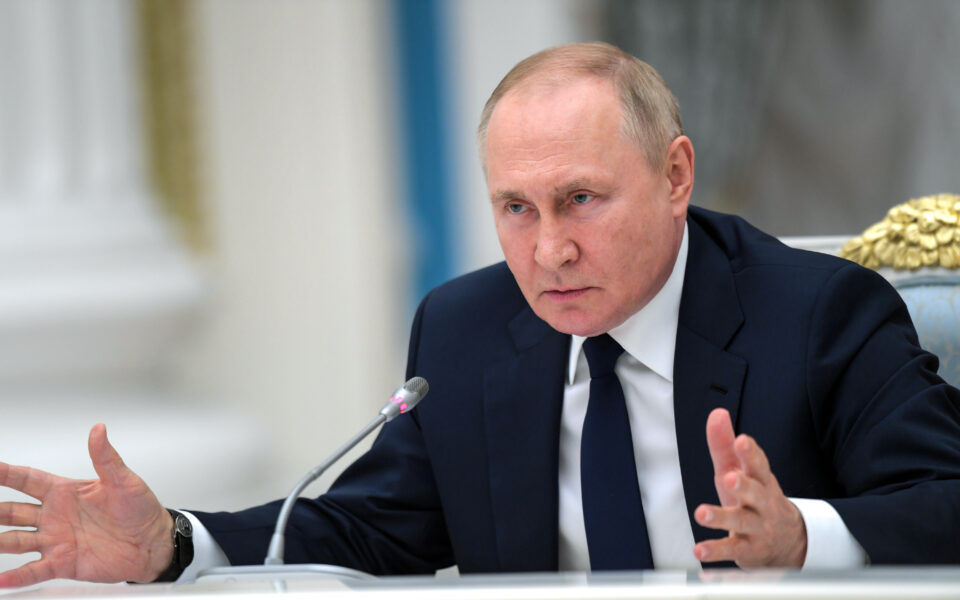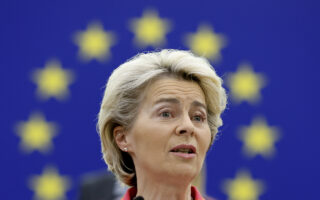Europe is paying the piper

In order to understand if and when the war in Ukraine will end, we must first attempt to answer a number of key questions. To begin with, how far is Russian President Vladimir Putin willing to go with regards to Europe’s natural gas supply? And, similarly, how far can Europe stretch before it breaks? European leaders have vowed to cut their dependence on Russian gas in the next couple of years. Putin is aware of that and will do them no favors.
The experience of France has shown that Western societies can be extremely vulnerable from within, and that their political stability is more fragile than would be expected. For that reason, Putin is likely to push further and hope that other countries, like Italy for example, will not be able to withstand the pressure from a dramatic drop, or total cutoff, of gas supplies. It’s a tough endurance test.
Meanwhile, the expectation has grown of late that Ukraine can win the war against Russia. But what does that really mean? That it will be able to drive the Russian troops out of Ukrainian territory and back to where they were positioned in February? Many analysts discard this scenario as a “strategic fantasy.” Nevertheless, several experts believe that funnelling extra weapons to Ukraine and sharing more intelligence with Kyiv could tilt the balance in Ukraine’s favor.
No one expected that the Ukraine crisis would drag on for so long. Now experts say the conflict could stretch all the way to the end of 2023. That is because no realistic settlement is in sight. Nor do Putin or Ukraine’s Volodymyr Zelenskyy seem likely to accept one.
For the time being, Europe seems incapable of playing the role that is expected of it. At the end of the day, the war is unfolding in its geopolitical backyard. Weak European leaders cannot measure up to the demands of the situation. Europe has been reduced to a passive bystander and is, for now at least, paying the piper.





